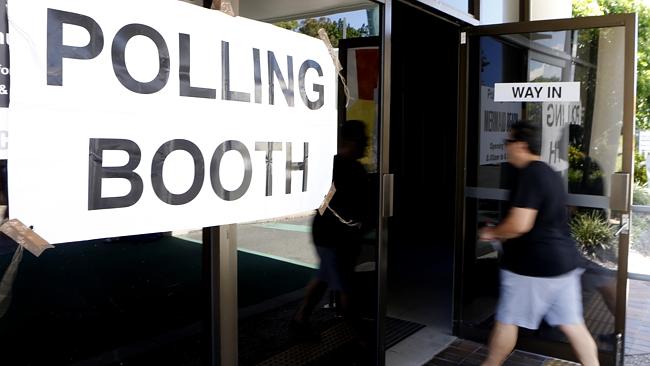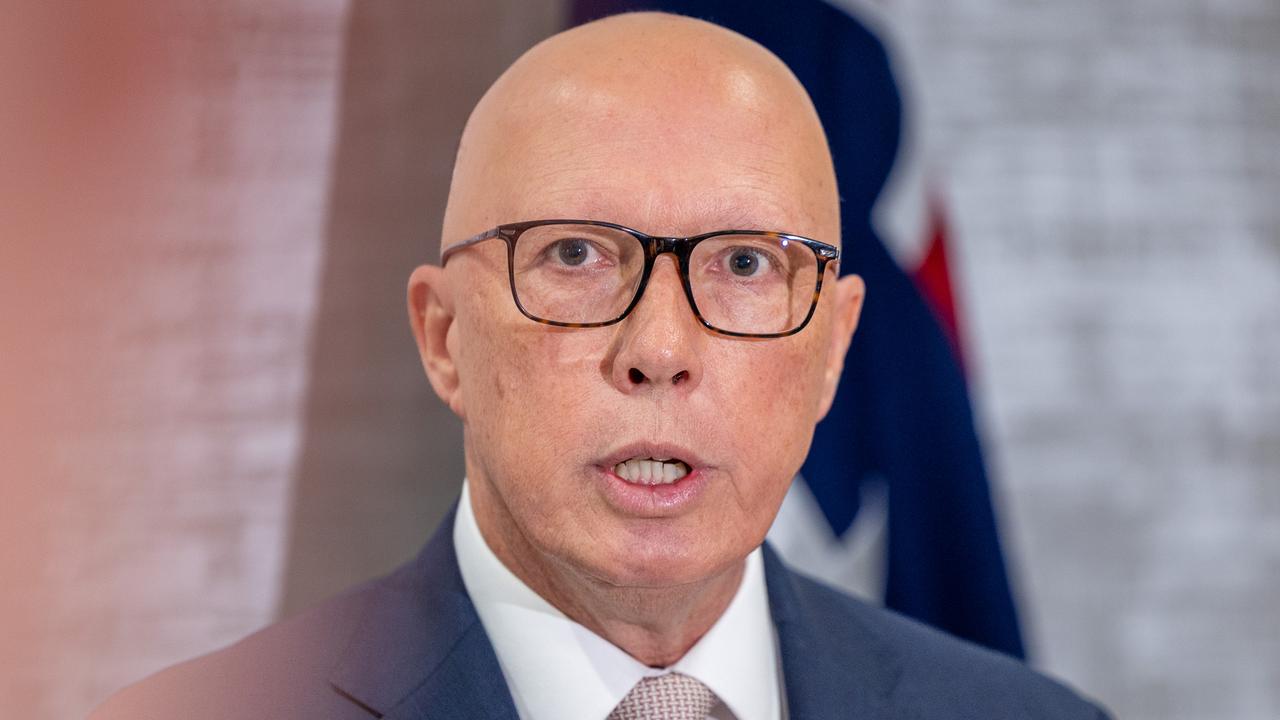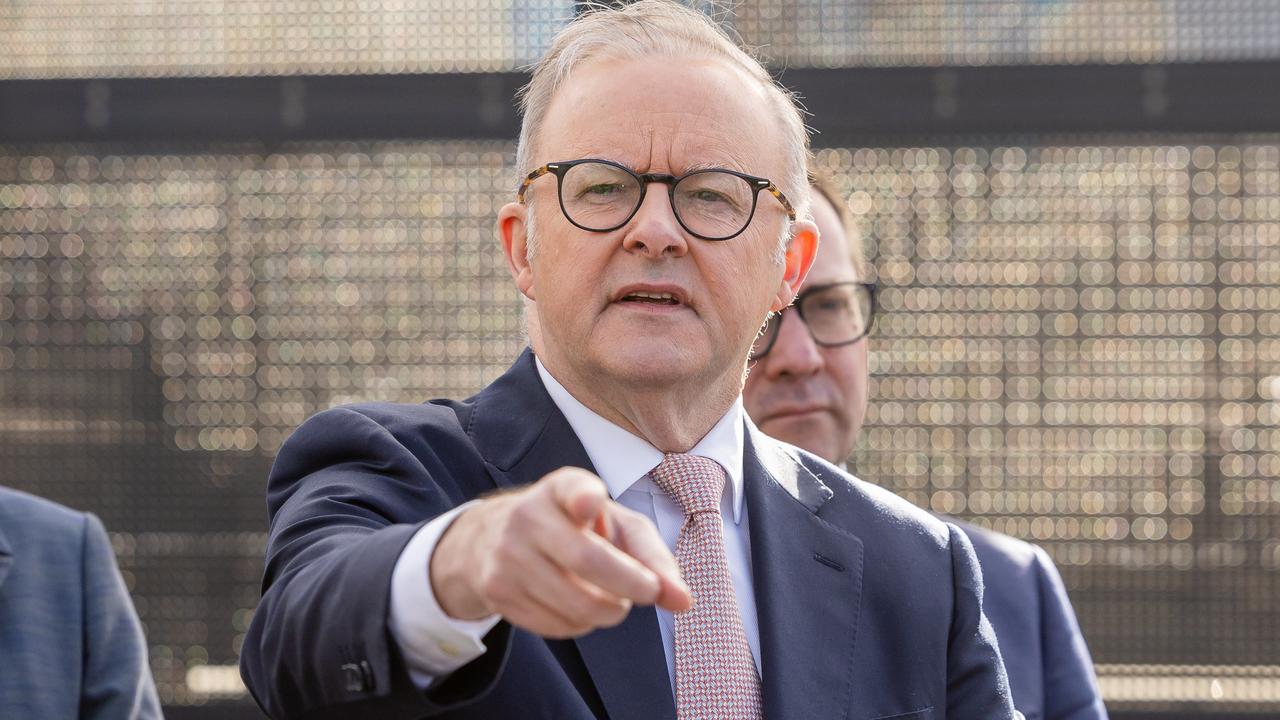Queensland to vote in referendum on four-year terms
THE sunshine state heads to the polls this weekend to vote on a big change. Here’s what you need to know about the referendum.

QUEENSLANDERS head to the polls this weekend to vote on whether politicians should be allowed to remain in parliament for an extra year.
The sunshine state is the only state government in Australia which doesn’t already have fixed four-year terms, except for Tasmania, which has four-year terms that are not fixed. Queensland’s local councils already have four-year terms.
At the moment Queensland has variable three-year terms but both the government and opposition are in favour of changing this.
Queenslanders will also be asked to vote on the change as part of a referendum being run at the same time as local council elections on Saturday, March 19.
WHAT ARE YOU VOTING FOR?
Whether to change the Queensland election cycle so that people vote every four years, instead of every three years.
This means a state election will be held on the last Saturday of October every four years. Governments will not be able to change this.
The current state government will not be impacted as the change will only take effect after the next election.
WHY YOU SHOULD VOTE ‘YES’
Those in support say fixed four-year terms will reduce the cost of elections, take the politics out of election timing and give more certainty to businesses.
Over the last 10 general elections, the average time between elections has been two years and seven months.
“The stability of fixed terms promotes sound policy development, not political opportunism that gives unfair advantage to the government of the day,” Queensland Council of Unions secretary Ros McLennan said.
The union supports the change, along with the Chamber of Commerce and Industry Queensland and the Queensland Tourism Industry Council.
THE ARGUMENT FOR ‘NO’
Katter’s Australian Party is leading the “no” vote and it believes the change would lessen democracy and voter control.
Those against the change are worried because Queensland does not have an upper house to review or question the government’s actions.
“It is naive to think that just by changing to four-year terms you are going to improve the culture of executive government,” Law Professor Graeme Orr said.
Queenslanders will have to wait longer to vote out a bad government, which will reduce accountability. Some believe it will only give politicians more job security.
“Given that Queensland has no upper house, no human rights acts and a well-known history of authoritarianism, parliamentary terms should not be increased until democracy and public accountability in this state have been significantly improved,” said Council of Civil Liberties president Michael Cope.



